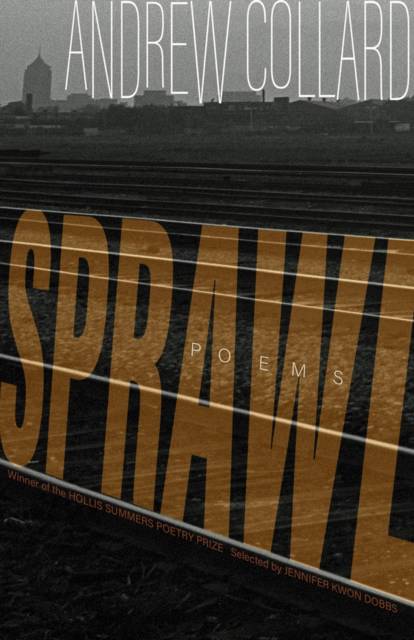
- Retrait gratuit dans votre magasin Club
- 7.000.000 titres dans notre catalogue
- Payer en toute sécurité
- Toujours un magasin près de chez vous
- Retrait gratuit dans votre magasin Club
- 7.000.0000 titres dans notre catalogue
- Payer en toute sécurité
- Toujours un magasin près de chez vous
22,45 €
+ 44 points
Description
Sprawl is a reconstruction of the constantly shifting landscape of metropolitan Detroit, which extends over six counties and is home to over four million people, from the perspective of a single parent raising a young child amid financial precarity. Part memoir, part invention, the book is Andrew Collard's attempt to reconcile the tenderness and sense of purpose found in the parent-child relationship with ongoing societal crises in the empire of the automobile. Here, a mansion may contrast with a burned-out home just up the street. How does one construct a sense of place in such a landscape, where once-familiar neighborhoods turn to strip malls or empty lots and the relationships that root us dissolve? Sprawl suggests that there is solace in recognizing that when we ask this question, we are never alone in asking. Within the larger geographical space of the metropolis are the in-between places of personal significance: the gas stations, burger joints, malls, and parking lots where many of the defining moments of ordinary lives occur. These poems take deep inspiration from such places, insisting on the value of the people found there, along with their experiences. What might be considered high and low culture are as inextricably linked in the formal cues of the poems as they are in the Michigan landscape, influenced by pop music, midcentury modern aesthetics, comic books, and cars. While the sprawl of the title refers to the seemingly endless succession of businesses and neighborhoods extending north from Detroit ("a sprawl this extensive breeds / empty pockets"), it also invokes the sprawl of history through poems that move between the past and present. One sequence of poems built on old newspaper clippings draws attention to a Chrysler plant that once constructed Redstone missiles. Elsewhere, two poems refer to the Detroit newspaper strike of the 1990s, a local controversy with lasting implications for the community. Sprawl ultimately illuminates the relationship of one place to other places, contextualizing its characters and locales within a wider societal frame.
Spécifications
Parties prenantes
- Auteur(s) :
- Editeur:
Contenu
- Nombre de pages :
- 94
- Langue:
- Anglais
- Collection :
Caractéristiques
- EAN:
- 9780821425282
- Date de parution :
- 28-03-23
- Format:
- Livre broché
- Format numérique:
- Trade paperback (VS)
- Dimensions :
- 150 mm x 208 mm
- Poids :
- 217 g

Les avis
Nous publions uniquement les avis qui respectent les conditions requises. Consultez nos conditions pour les avis.






